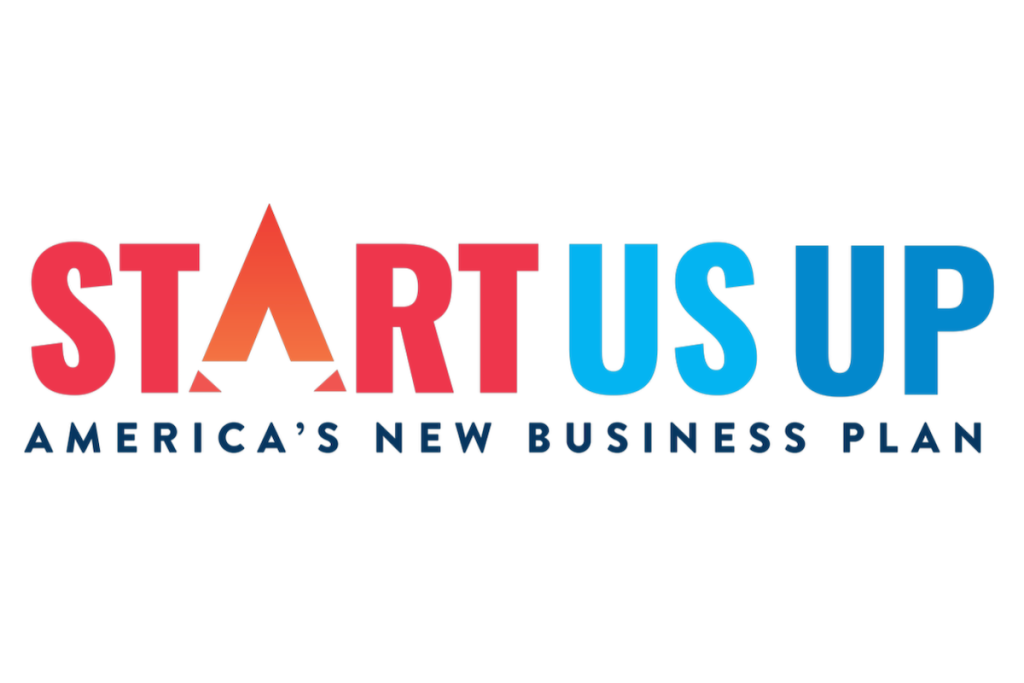Here’s some surprising news: While the pandemic has been devastating for entrepreneurs across the country, new numbers indicate it’s actually not as bad as it could have been.
Some 130,000 more small businesses than usual shuttered over the past year, according to a study by economists at the Federal Reserve Board. While that number represents staggering loss, it falls below initial projections — one study estimated 400,000 business had closed in the first few months of the pandemic alone.
Government programs are one reason for the lower number, some experts told The Wall Street Journal. Specifically mentioned were the Paycheck Protection Program, which provided more than $800 billion in funding; as well as state and local government assistance, which offered more than $14 billion in grants, forgivable loans, and other aid.
“The supports have been pretty strong,” Kenan Fikri, research director for the Economic Innovation Group, told the Journal. “Throughout the pandemic, we have seen over and over again that many aspects of the U.S. economy are more resilient than we have given them credit for.”
But while PPP funds were beneficial for some, they weren’t available for everyone, illustrating the inequitable environment that affects many entrepreneurs. Just 78 out of 950 Community Development Financial Institutions, which are more likely to lend to minority-owned businesses, participated in early rounds of PPP lending. As a result, PPP loans reached only 20% of eligible firms through the first half of 2020 in states with the highest densities of Black-owned businesses.
This reinforces one of the primary pillars detailed in America’s New Business Plan — the importance of access to funding for everyone. As the plan states, “Capital must flow to entrepreneurs in every community so that populations too often left behind are given equitable opportunities to turn their ideas into businesses.”
It’s one reason we’re hopeful that the SSBCI, which specifically designates money to address inequities that face business owners in underserved areas, will help.
According to the Congressional Research Service, the fund includes:
- $2.5 billion for businesses owned and controlled by socially and economically disadvantaged individuals, including minority-owned businesses;
- $500 million for tribal governments;
- At least $500 million for businesses, including independent contractors and sole proprietors, with fewer than 10 employees; and
- $500 million for technical assistance to small businesses that need legal, accounting, financial, and other kinds of advice in applying for small business support programs.
By increasing access to funding — as well as opportunity, knowledge, and support — we can level the playing field and remove the barriers that have made it harder for people of color, women, and those in rural communities to start a business.

